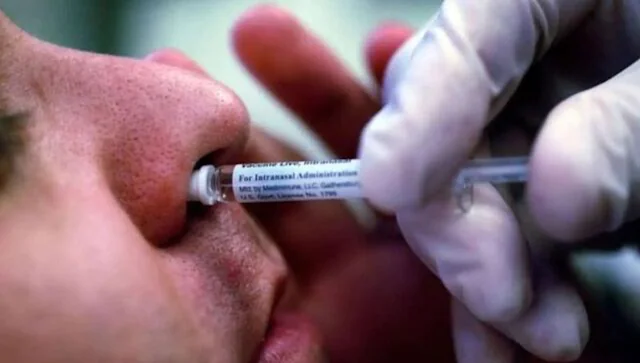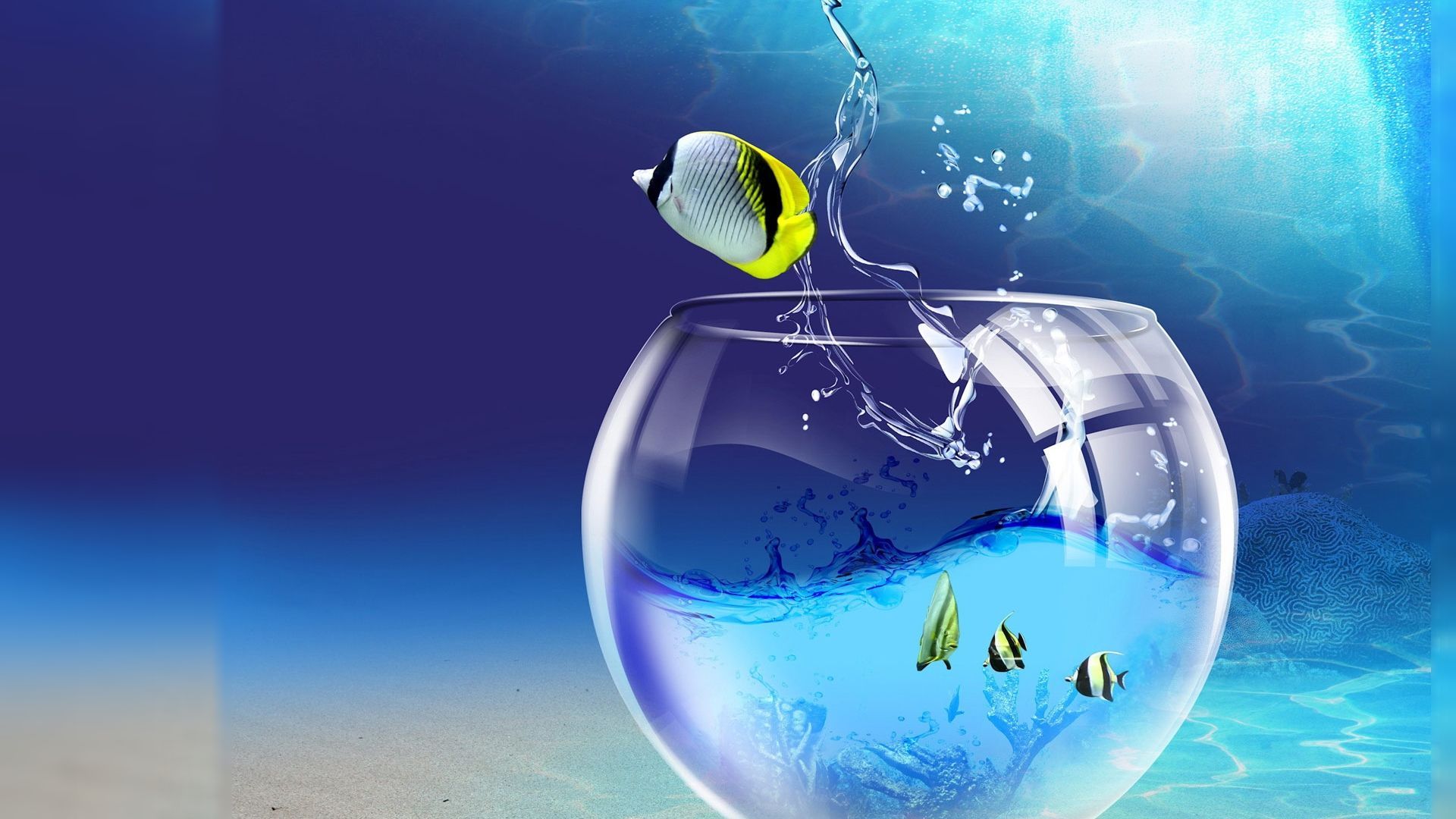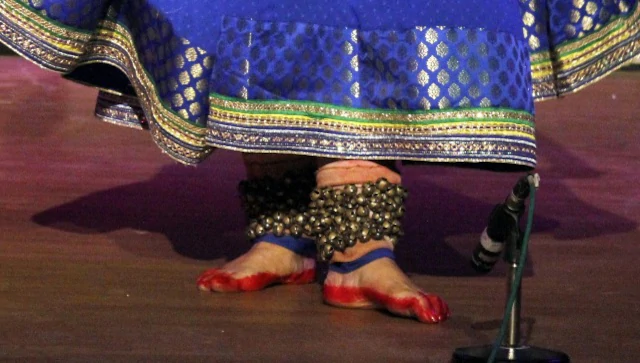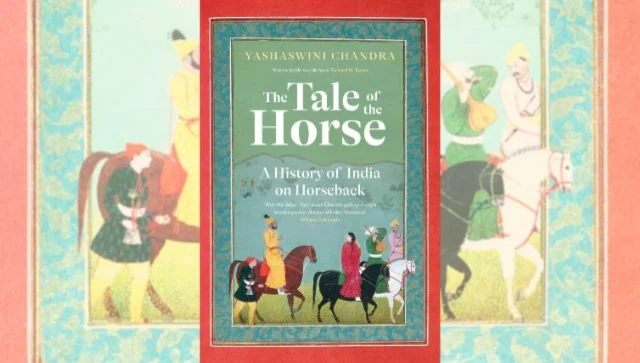Nasal vaccine: A futuristic intervention in immunisation drive

- Reporter 02
- 24 Aug, 2022
The world is slowly moving ahead of the deadly COVID-19 pandemic with the mass vaccination approach. With three devastating waves, we have learned that vaccination is not only crucial for protecting ourselves, but it is a shield that prevents the further spread of the infection. Although till today, India is registering close to 20,000 cases every day and probably, we have accepted the fact that, COVID is here to stay for long.
The need of the hour is to encourage people to get jabbed with the booster doses as soon as possible, because with the emergence of newer variants, it is crucial for us to restore the effectiveness of the previous two doses of vaccines with the booster shots. Booster shots are essential to strengthen the body’s immune response and it provides us an extra layer of protection against the virus.
As of now, the world has followed the path of the traditional intramuscular vaccine which is typically injected into the arms. However, recently, the nasal vaccine has been in the limelight as it can offer better protection against the spread of the virus and over time, nasal vaccines can truly be the game-changer and help the world turn the COVID-19 pandemic into an endemic. Many countries around the world are now in the process of coming up with intranasal vaccines, many of them are now under development.
The world’s first nasal vaccine for COVID-19 has been manufactured by the Russian vaccine maker Sputnik V and Sputnik nasal vaccine is tested on children aged between 8 and 12 by the Gamaleya institute and there have been no such noteworthy side effects or increase in the body temperature has been observed in those children. In India, Bharat Biotech, the producer of Covaxin has already initiated its phase 3 clinical trial of intranasal vaccine few months back and as per the news reports, it has also shown promising results. Nasal vaccine can be considered a great option as booster shots in the coming days.
The novel coronavirus enters the human body through the nasal pathway or mouth and then it replicates and damages the respiratory tracts. Nasal vaccine, as the name suggests, is administered in form of sprays mostly, through the nose. Scientists have shown that after a person is exposed to the airborne virus, the first immune response in the respiratory tract has the capability to influence the severity of the infection in the body. So, compared to intramuscular vaccines, intranasal immunisation helps to induce stronger mucosal immunity as it builds the first barrier against the virus in the respiratory epithelial layer itself by blocking the starting point from where the infection enters the body.
Nasal vaccines help in increasing the production of immunoglobin A which is the immune system’s first line of defence against pathogens. Therefore, nasal vaccines are more effective in terms of reducing the chances of person-to-person transmission of the disease.
Moreover, nasal vaccines are easier to administer, especially it would be a great relief for people who are afraid of needles and for children and the elderly population as it is non-invasive. People who are suffering from Transfusion Transmissible Infections (TTIs) like Thalassemia or HIV can opt for intranasal vaccination since nasal vaccines come in the form of spray and it is not at all likely to have any additional risk factors.
Experts believe nasal immunisation could also help in preventing long COVID and curb overall transmission of coronavirus. Nasal vaccines will provide long-lasting security against the virus compared to the current intramuscular vaccines. Every country across the globe should adopt intranasal vaccination soon as it is an advanced and futuristic intervention in vaccine research and development.
Leave a Reply
Your email address will not be published. Required fields are marked *











